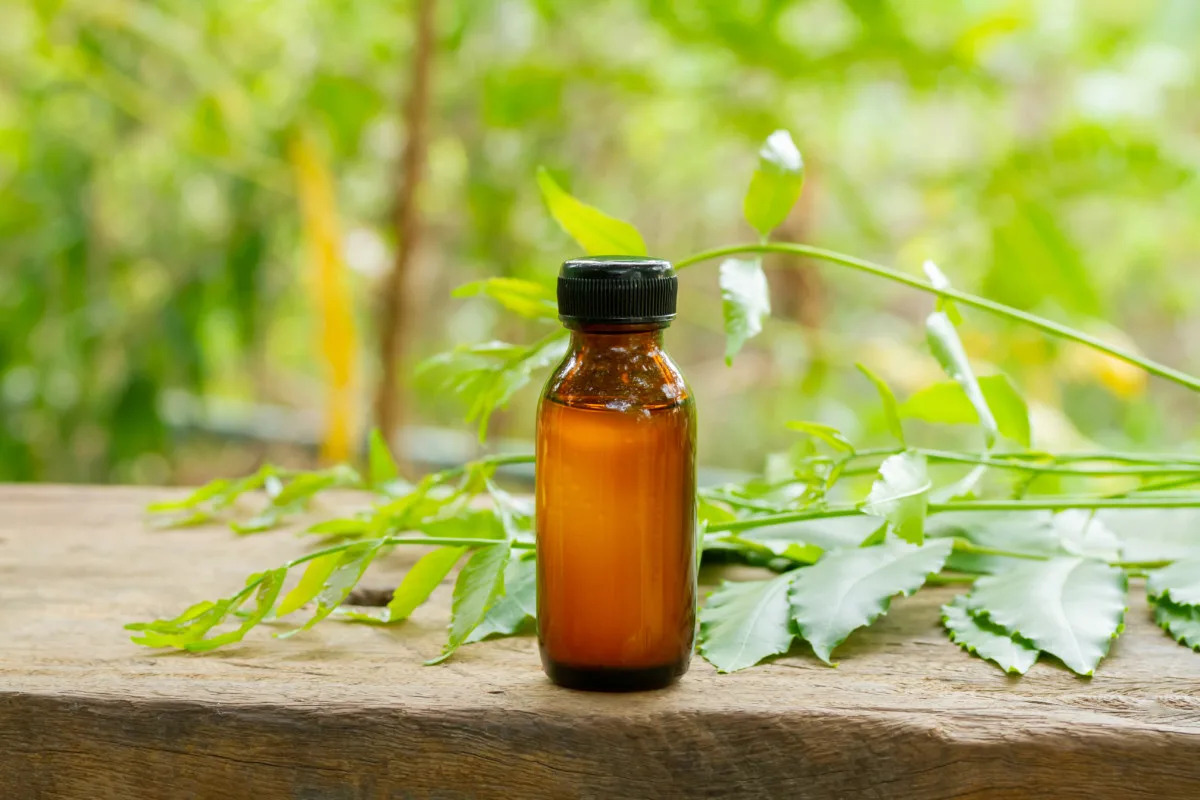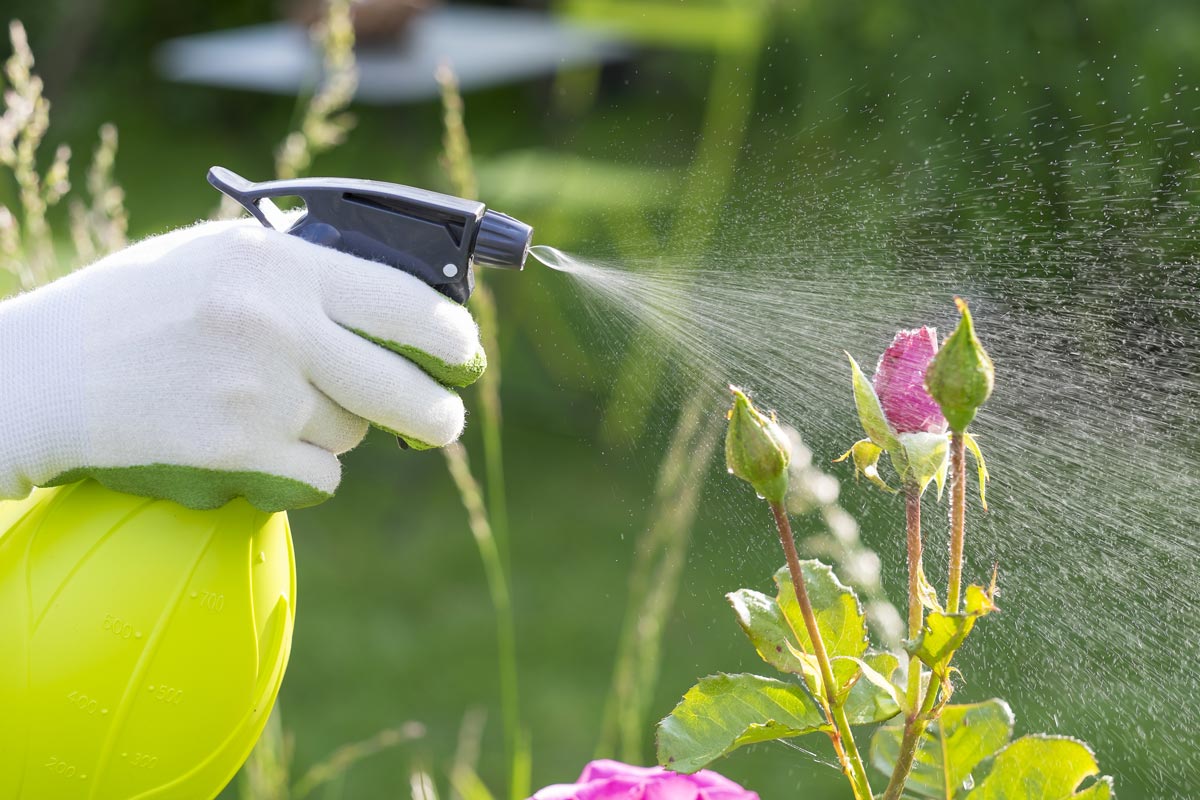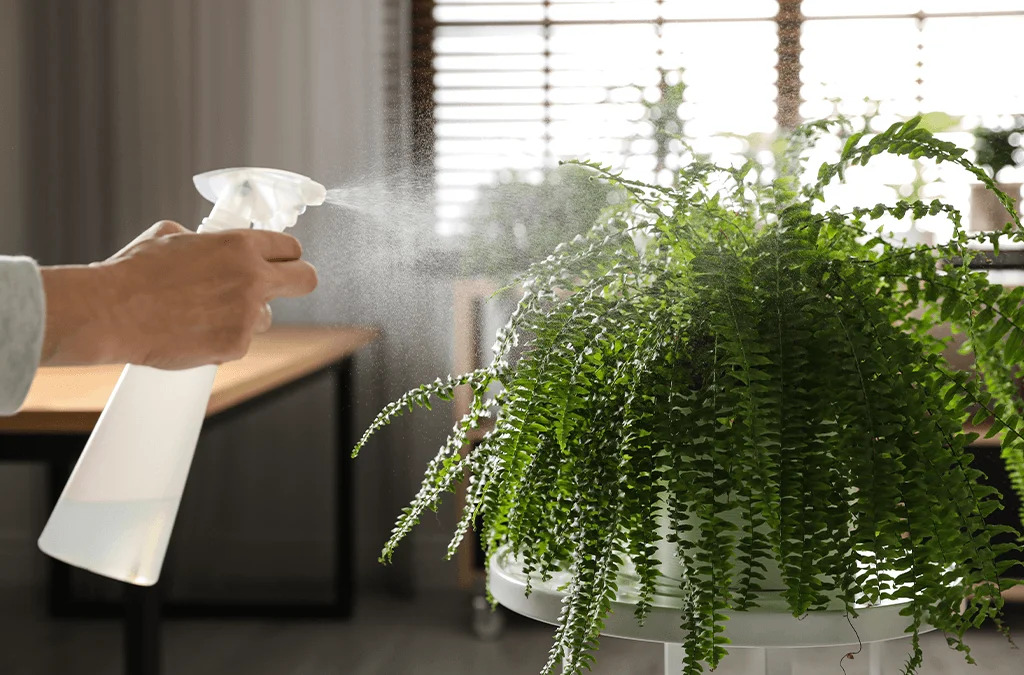How To Use Neem Oil
Neem oil is a versatile and effective natural remedy used in gardening and plant care. Derived from the seeds of the neem tree, this organic oil has been valued for centuries for its insecticidal, fungicidal, and miticidal properties.
What Is Neem Oil?
Neem oil is a naturally occurring pesticide made from pressing the seeds of the neem tree. This tropical tree, native to India and Africa, is a member of the mahogany family. Neem oil can be used to control a wide range of insect pests and diseases in the garden or on plants. It is also beneficial for medicinal and cosmetic applications, allowing it to have multiple uses for better health.
Neem oil works by preventing insects from mating, eating, and laying eggs. It has systemic properties; when applied directly to affected plants, it penetrates into each leaf and reproduces toxins that interfere with an insect's development and growth.
In addition to being a plant insecticide, its components are used in traditional Ayurvedic medicine as a treatment for illnesses such as arthritis and other skin irritations like ringworm and eczema. Furthermore, this oil can be mixed with shampoos to address scalp problems such as dandruff or hair loss.
How Does Neem Oil Work?
Neem oil is a popular organic pest control solution and is derived from the seeds of Neem trees. It contains a natural compound called azadirachtin, which interferes with the hormones that allow insects to develop, mate and reproduce.
In other words, it effectively stops them from reproducing and leads to their eventual demise. Because of its unique ingredients, it is highly effective in defending plants against many common pests including whiteflies, mites, aphids and beetles.
When applied directly to plant leaves or applied as part of an irrigation cycle in gardens or greenhouses, neem oil is quickly absorbed by the plant tissue from which it spreads throughout the entire environment providing extended protection.
Is Neem Oil Safe For Humans, Dogs, And Cats?
Neem oil is gaining popularity as an organic way to protect plants from pests. It is safe for humans, dogs, and cats when used correctly. Neem oil decomposes quickly and harmlessly into the environment and slices through insect’s exoskeletons quickly and effectively But like any pesticide, it can have some risks if not properly managed.
It is important to note that direct contact with neem oil may cause mild skin or eye irritation, so wear protective clothing if covering a larger area with the oil. Inhalation of or ingesting neem oil should be avoided at all costs, so make sure to keep hands clean after using by washing thoroughly with soap and water.
If you spray fruits or vegetables with neem oil they must be washed very well before eating them. As long as users follow these simple precautions, neem oil can be an effective natural remedy against disease-causing bugs without putting themselves and their pets in danger.
Is Neem Oil The Same As Horticultural Oil?
Neem oil and horticultural oil are both remedies used for the treatment of plants. However, the two contain different ingredients, with neem oil being derived from the neem tree, while horticultural oil is usually made from petroleum-based mineral oils or vegetable-based oils from sources like canola, cottonseed, or soybeans.
Neem oil is a natural pesticide that is favored for its eco-friendly efficiency in eliminating insects and pests. On the other hand, horticultural oil is a low-toxicity product meant to control a broad range of insects and predatory mites found in gardens and home landscapes.
Is Neem Oil Safe For Bees, Ladybugs, And Other Beneficial Insects?
Neem oil is a popular choice in insecticides, but one of the major concerns that gardeners have is whether it will harm beneficial insects such as bees, ladybugs and other creatures.
The good news is that when used correctly, neem oil does not pose an immediate threat to these useful bugs since they do not feed on plant foliage and therefore will not ingest the oil.
However, it is still important to take measures to avoid spraying them directly, it’s best to spray early in the morning or late at night when beneficial insects are less active or you can use a nozzle that allows for spot treatment.
How To Use Neem Oil On Plants
Neem oil is a natural and effective way to protect your plants from damaging insects, fungus, and mildew. It also works well as a preventative measure to keep pests away in the first place. Neem oil products come in a variety of forms, such as dust, granules, wettable powder, cake concentrate or ready-to-use spray.
You can use neem oil throughout the growing season to control pests and diseases, but you'll get the best results when you use it in early spring and late summer during plant dormancy.
To use neem oil on plants correctly, follow these steps: first allow at least 4-7 days for it to work, next apply it when plants are dormant for effective insect control, finally, make sure you're applying on a dry windless day for maximum coverage and effectiveness.
With regular applications of neem oil following these instructions you will be able to enjoy healthy plants with less worry about pest damage.
Neem Oil Use For Specific Types Of Plants
Neem oil, an extract from a tree found in India and Bangladesh, is a versatile remedy for treating infestations of garden pests and diseases on houseplants. When used according to the label directions, it can quickly take care of whitefly, spider mites, mealybugs, fungus gnats, aphids, thrips and scale problems that attack both outdoor plants and indoor plants.
To ensure success with controlling or preventing infestations using neem oil solution it is important to follow label directions specifically as different concentrations are needed for different plant types.
A good regimen would be to first thoroughly spray the top and undersides of leaves every 7 days until pests are gone if an infestation already exists. After the infestation has been brought under control, follow up with preventative treatment by drenching the soil every 3 weeks.
Impressively neem oil is also effective against fungal diseases such as powdery mildew but take note not to get any oil on furniture or fabrics during application as it can cause staining damage if left untreated.
Make sure to test a small area of each plant before proceeding with an extensive treatment to assure they are tolerant towards neem oil solution.
Neem Oil Application Tips
Neem oil is a safe and effective treatment for a variety of plant pests and diseases. However, there are several tips to consider when applying it in order to maximize the effectiveness and minimizing potential damage.
First, always test a small area before applying it over the entire plant to make sure that it does not cause damage to any sensitive plants. If no leaf damage occurs within 24 hours, full application may proceed. It should be applied early in the morning or late in the day when harsh sunlight is scarce to avoid foliage burn from direct exposure to UV LED lights.
Also, be sure that foliage is thoroughly coated so that pests or diseases can be effectively treated. Temperature should also be considered as neem oil should not be used during extreme cold or hot spells.
Lastly, do not use neem oil if plants are already stressed due to over-or under-watering or after transplanting – this could lead to further shock of the plant. With these simple tips, neem oil can be used safely and with maximum effectiveness on various garden plants.
Repetition Is Key
Repetition is key when it comes to using Neem Oil on your plants. Make sure to clean and spray with the mixture a few days in a row, as this will better ensure that your plants are free from pests instead of just relying on single applications. Here at Canada Grow Supplies, we carry a variety of the best products available to suit any grower’s needs!
For prevention, spray once a week and always remember to do so before wiping off your plant for regular maintenance. By doing these tasks consecutively and in conjunction with one another, you’ll be able to keep your plants healthy and beautiful!











